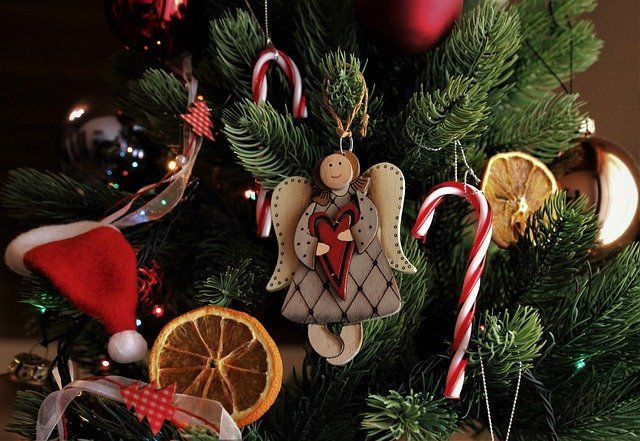Orthodox Christmas Day: History, Unique Customs Followed While Celebrating The Day
The Orthodox Christians celebrate the birthday of Jesus Christ on Jan. 7, two weeks after the rest of the world celebrates Christmas.
The difference in dates is because Orthodox Christians follow the Julian calendar while the majority of the other denominations follow the Gregorian calendar, which was introduced in the early 1700s.
The modern-day Gregorian calendar was made by Pope Gregory XIII to deal with inconsistencies in the Julian calendar while the Orthodox Christians continued to follow the calendar.
The Russian Orthodox Church, Egyptian Coptics, Ukrainian churches, Serbs, and the Mount Athos monks in Greece are the churches that celebrate Jan.7 as Christmas. The Armenian Orthodox Church observes Jan. 6 as Christmas, which is believed to be the original date for Christmas until the 4th century.
Despite the difference in dates, many customs and traditions like putting up Christmas trees and exchanging gifts remain common in all Christmas celebrations.
However, certain customs are unique to Orthodox Christmas celebrations. The Orthodox Christian community considers the season as a special time of prayer, fasting and reflection. The days leading to Christmas are observed with fasting and abstinence from meat.
In some countries, orthodox communities celebrate Christmas with a special dinner called the Holy Night Supper where a 12-course meal of vegetarian dishes is served. The 12 courses of the meal symbolize the 12 apostles of Jesus. Though the dishes vary in different countries, some of the specialties include herring, sauerkraut (cabbage), red borscht (beet soup), perogies (boiled or deep-fried dumplings), and dried fruit compote.
The Christmas table is set with a white or embroidered tablecloth to represent the cloth the baby Jesus was wrapped in. The decor includes bits of hay that are spread beneath the tablecloth to symbolize that Christ was born in a manger. Lit candles are also placed on the table to represent the end of fasting. During the dinner, families leave extra places at the tables to remember the spirits of dead family members.
Other Orthodox Christmas traditions include exchanging treats like cookies and chocolates with neighbors and visiting homes while singing carols.

© Copyright IBTimes 2024. All rights reserved.





















